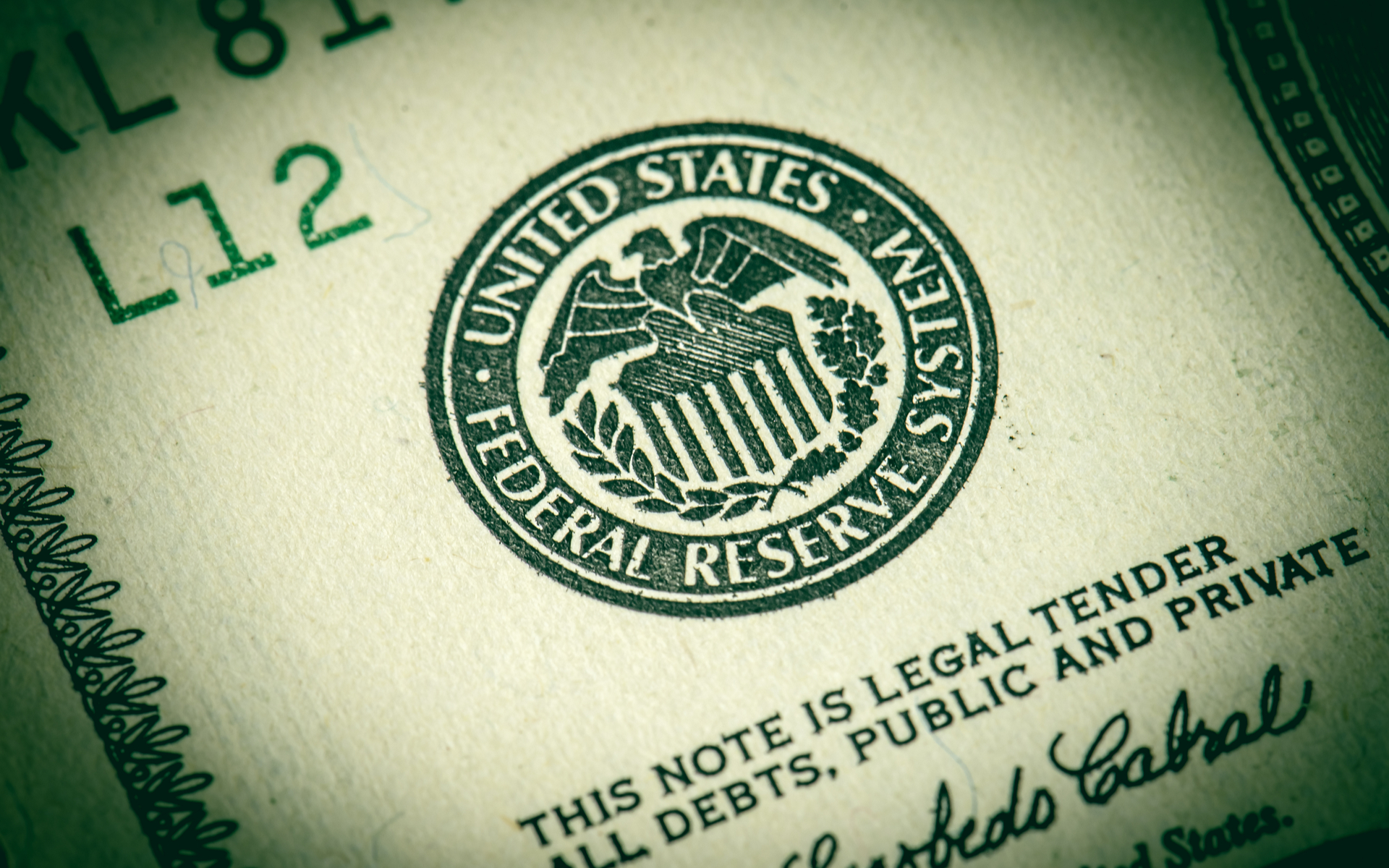PALO ALTO, Calif. (Reuters) - The Federal Reserve is looking at a broad variety of problems around digital payments and currencies, including policy, style and legal considerations fed coin price around possibly providing its own digital currency, Governor Lael Brainard said on Wednesday. Brainard's View website remarks recommend more openness to the possibility of a Fed-issued digital coin than in the past." By transforming payments, digitalization has the possible to deliver greater value and convenience at lower cost," Brainard said at a conference on payments at the Stanford Graduate School of Business.
Reserve banks worldwide are discussing how to manage digital financing technology and the distributed ledger systems utilized by bitcoin, which promises near-instantaneous payment at possibly low cost. The Fed is developing its own day-and-night real-time payments and settlement service and is presently evaluating 200 remark letters submitted late last year Helpful site about the suggested service's style and scope, Brainard stated.
Less than 2 years ago Brainard told a conference in San Francisco that there is "no engaging showed need" for such a coin. However that was before the scope of Facebook's digital currency ambitions were widely understood. Fed authorities, consisting of Brainard, have actually raised issues about customer securities and information and privacy dangers that could be postured by a currency that might come into use by the 3rd of the world's population that have Facebook accounts.

" We are working together with other reserve banks as we advance our understanding of main bank digital currencies," she said. With more countries checking out issuing their own digital currencies, Brainard stated, that adds to "a set of reasons to also be ensuring that we are that frontier of both research study and policy advancement." In the United States, Brainard said, issues that need study include whether a digital currency would make the payments system safer or easier, and whether it could pose financial stability risks, including the possibility of bank runs if cash can be turned "with a single swipe" into the reserve bank's digital currency.
To counter the financial damage from America's unprecedented nationwide lockdown, the Federal Reserve has actually taken unmatched steps, consisting of flooding the economy with dollars and investing http://marioqehc620.fotosdefrases.com/fedcoin-will-replace-the-paper-dollar-legacy-research-1 directly in the economy. Most of these relocations got grudging acceptance even from many Fed doubters, as they saw this stimulus as required and something only the Fed could do.
My new CEI report, "Government-Run Payment Systems Are Risky at Any Speed: The Case Against Fedcoin and FedNow," information the dangers of the Fed's current strategies for its FedNow real-time payment system, and propositions for central bank-issued cryptocurrency that have actually been dubbed Fedcoin or the "digital dollar." In my report, I talk about concerns about personal privacy, data security, currency adjustment, and crowding out private-sector competitors and innovation.
Supporters of FedNow and Fedcoin say the government must develop a system for payments to deposit quickly, rather than motivate such systems in the personal sector by lifting regulatory barriers. But as noted in the paper, the personal sector is providing an apparently unlimited supply of payment technologies and digital currencies to resolve the problemto the level it is a problemof the time gap in between when a payment is sent out and when it is gotten in a bank account.
And the examples of private-sector development in this area are lots of. Click for info The Clearing House, a bank-held cooperative that has actually been routing interbank payments in different forms for more than 150 years, has been clearing real-time payments since 2017. By the end of 2018 it was covering half of the deposit base in the U.S.